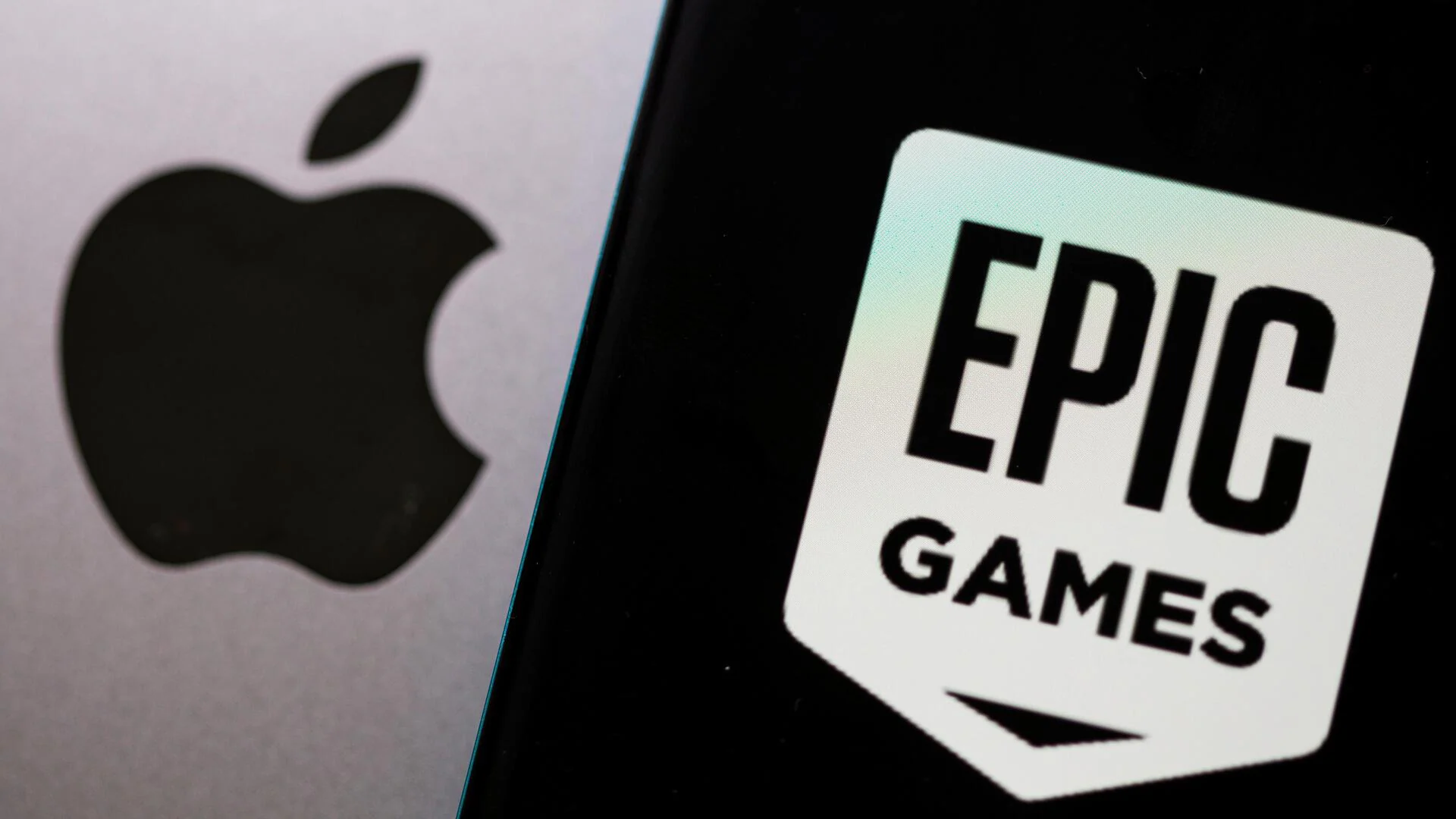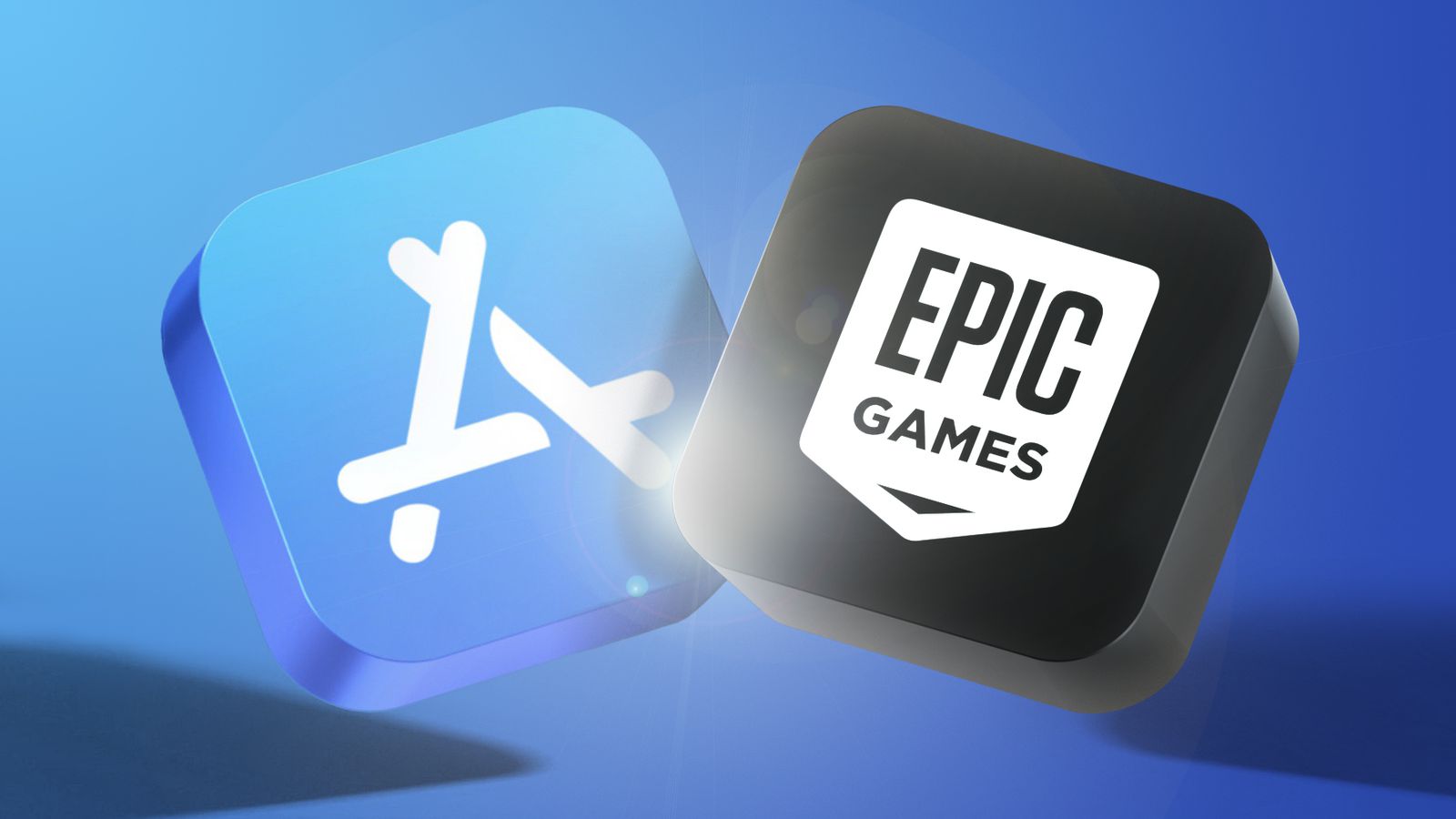In a striking escalation of its ongoing battle against tech giants, Cary, North Carolina-based video game developer Epic Games has initiated a fresh legal challenge, this time targeting both Samsung and Google. The lawsuit, filed in a federal court in California, accuses the two behemoths of colluding to thwart competition in the app distribution market, a move that could have significant repercussions for users and developers alike.

A Strategic Move Against Competitive Threats
At the heart of Epic’s allegations is Samsung’s Auto Blocker feature, which the game maker contends has been specifically engineered to deter users from downloading apps from any source other than Google’s Play Store or Samsung’s Galaxy Store. This feature, according to Epic, is a direct response to a previous legal victory Epic secured against Google, which was poised to democratize app sourcing for Android users.
“Google is pretending to keep the user safe saying you’re not allowed to install apps from unknown sources. Well, Google knows what Fortnite is as they have distributed it in the past,” said Tim Sweeney, CEO of Epic Games, highlighting the perceived duplicity in Google’s justifications for its restrictive app policies.

The Implications for Consumer Choice and App Costs
The implications of such a strategy by Google and Samsung are profound, with Epic arguing that it stifles consumer choice and inflates app prices by maintaining a tight grip on where users can source their applications. This practice, Epic asserts, is a clear violation of U.S. antitrust laws designed to foster competition and prevent market monopolization. Samsung, on its part, has vowed to “vigorously contest Epic Games’ baseless claims,” asserting that its device features prioritize security, privacy, and user control. “The features integrated into its devices are designed in accordance with Samsung’s core principles of security, privacy, and user control, and we remain fully committed to safeguarding users’ personal data,” Samsung stated, emphasizing that users have the option to disable Auto Blocker at any time.

Broader Regulatory Concerns and International Ramifications
This lawsuit is not an isolated conflict but part of a broader struggle against the app distribution policies enforced by major tech companies. Epic has previously engaged in legal battles with both Google and Apple over their app store commission structures, which can be as high as 30%.
The outcome of Epic’s earlier confrontations, particularly its ban and subsequent reinstatement on iOS and Android platforms, underscores the significant market power these tech giants wield and the potential for regulatory intervention.
Epic’s current legal manoeuvre extends beyond the U.S. borders, with plans to bring its concerns before European Union regulators, who have historically maintained a vigilant stance on Google’s business practices. This transatlantic regulatory scrutiny could amplify the impact of the lawsuit, potentially leading to more rigorous enforcement of competition laws against dominant players in the tech industry.
As the legal proceedings unfold, the tech community and consumers alike will be watching closely, aware that the outcome could reshape the app distribution landscape significantly. This case not only challenges the operational tactics of some of the largest tech companies in the world but also strikes at the core of ongoing debates regarding digital market competition, consumer rights, and the future of app economies.










